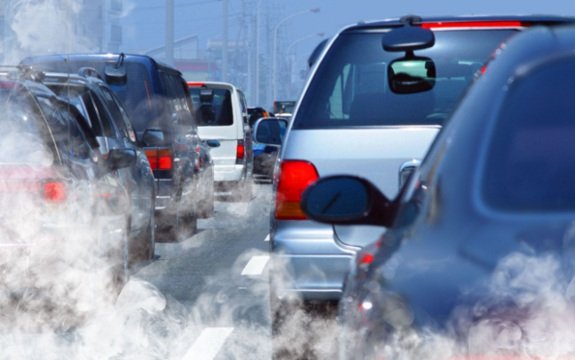WHO Estimates 7 Million Deaths Caused by Air Pollution in 2012

 Air pollution is real. Even if you live somewhere smog-free, you are likely experiencing the effects of air pollution. In fact, new data from the World Health Organization (WHO) says approximately 7 million people died from air pollution effects in 2012, more than double the number from 2011.
Air pollution is real. Even if you live somewhere smog-free, you are likely experiencing the effects of air pollution. In fact, new data from the World Health Organization (WHO) says approximately 7 million people died from air pollution effects in 2012, more than double the number from 2011.
For many, air pollution is smog; it’s car exhaust and factory smoke. But while air pollution is indeed these things, it is also much more. According to the WHO data, only about half of those deaths attributed to air pollution were connected to outdoor pollution; the remaining were caused by indoor pollutants.
A whopping 3.7 million of those premature deaths were caused by outdoor air pollution, like smog, but 4.3 million were caused by indoor air contaminants. This indoor air pollution is most common in poor, developing countries where people may cook indoors without proper ventilation, using solid fuels like dung and coal to prepare their food.
Outdoor pollution tends to be an urban phenomena, while indoor pollution is most often seen in rural areas.
“Few risks have a greater impact on global health today than air pollution; the evidence signals the need for concerted action to clean up the air we all breathe,” said WHO representative Dr. Maria Neira.
So, what kind of effects is this pollution having? Stroke was the most common pollution-related cause of death, causing nearly 2.3 million early demises. Coronary artery disease, chronic obstructive pulmonary disease, lung cancer, and lower respiratory infections followed.
Read: Indoor Air Pollution Causes 50% of Illnesses Globally
Nine percent of those early deaths were children.
Those areas of the world most affected by air pollution deaths are South East Asia and the Western Pacific—those areas who are constantly under a blanket of smog. This pollution is said to be caused by the “massive land-clearing fires mostly initiated by big palm oil companies.”
“Excessive air pollution is often a by-product of unsustainable policies in sectors such as transport, energy, waste management and industry,” said Carlos Dora, a WHO public health expert. “In most cases, healthier strategies will also be more economical in the long term due to healthcare cost savings as well as climate gains.”
Just last year, the WHO’s cancer research agency advises that the air we breathe on Earth is so laced with cancer-causing agents that it should be officially classified as carcinogenic.
